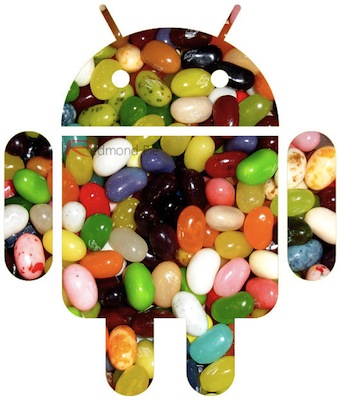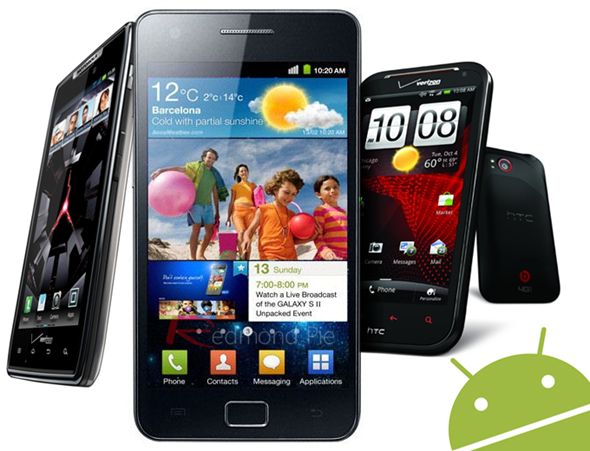With Ice Cream Sandwich being introduced to the world during the Google I/O event in may 2011, then officially launched in October, it seems like we really haven’t had enough time to get to know the 4.0 version of the OS. Although Android 4.0 has officially been available for over five months, statistics show that not even two percent of Android devices in existence are running Ice Cream Sandwich. The latest data released by Google shows that a meager 1.6% of devices have ICS installed, with those users becoming fragmented due to the varying point releases of version 4.0 they are running.

While the Android owning population waits patiently for the announcement that the manufacturers of their device are about to launch the ICS update, Google are said to be putting the final touches onto the next major release of Android in an attempt make Q3 of 2012 a viable release point. The report comes from the hit and miss rumor site DigiTimes, who have cited industry-based sources on this one, but have a varying success rate when it comes to claims such as these.
The current version of Android offers probably the most notable upgrades to date, with features such as facial recognition, widget re-sizing and a new powerful voice input engine; but has been extremely slow to gather pace in the industry. Companies such as HTC have announced the the HTC One X, One S and One V which will be their first three Android 4.0 handsets, with others such as Sony about to release two smartphones initially running Android Gingerbread but benefitting from almost immediate ICS updates.

If the unnamed source is accurate, then those devices could almost immediately be running an out of date version of Android. Android 5.0 Jelly Bean was previously speculated to be coming at some point during Q2 of this year, but it looks as though that could be temporarily delayed by the company in favor of a slightly later launch. Android 5.0 looks all set to bring updated and improved support for those users who prefer their Android experience to be via a tablet device, but as DigiTimes sources have stated "The rapid shift of OS may not be healthy for the development of the Android Ecosystem" and could create a trend of Android users being consistently one step behind the official current version of the OS.
You can follow us on Twitter, add us to your circle on Google+ or like our Facebook page to keep yourself updated on all the latest from Microsoft, Google, Apple and the web.

